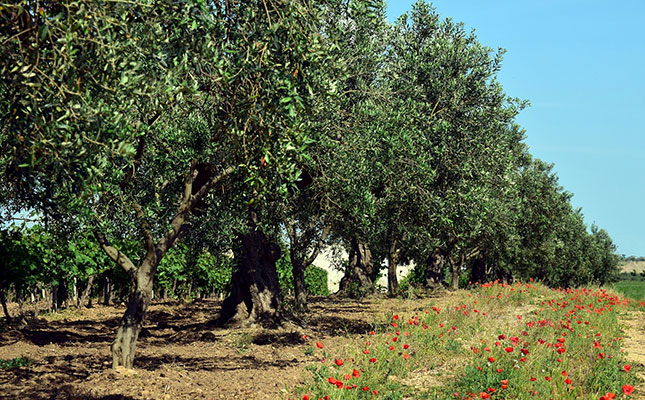
Photo: Pixabay
According to BBC News, the area was home to hundreds of African migrant farmworkers, mostly from the Gambia, Senegal and Tunisia.
The latest estimates by the UN indicated that between 450 000 and 500 000 “irregular migrants” were working in the country’s agriculture sector, which represented about half of its total workforce.
The workers lived in squalid conditions in shacks they had to rent for US$100 (about R1 730) per month, without running water, a sewerage system or electricity, while they cooked on open fires, BBC News said.
Despite the grim conditions, more than 1 000 migrants without official papers arrived at this informal camp to work for black-market gangmasters to harvest olives from September to November every year.
Farmers in the region needed to employ large numbers of workers to pick the delicate olives by hand to ensure they arrived at upmarket delicatesses and supermarkets around the world in a good condition.
The gangmaster system, known as “caporalato”, meant the migrants did not work directly for the farmers, and due to their illegal status, were “incredibly cheap for farming businesses, which pay them as little as US$2 [R35] per hour”.
Issa, a Gambian migrant who did not want to provide his full name, told BBC News that African migrants were forced to work long hours in excessive heat.
In June 2021, Camara Fantamadi, a 27-year-old Malian farmworker, died while picking tomatoes in the scorching sun in Puglia.
According to the Italian authorities, attempts had been made to curb gangmasters in recent years, with the system being made illegal in 2011, but the legislation did not seem to extend to undocumented migrants.
In addition, the new far-right government in Italy was not expected to consider any further amnesties for undocumented migrants.












